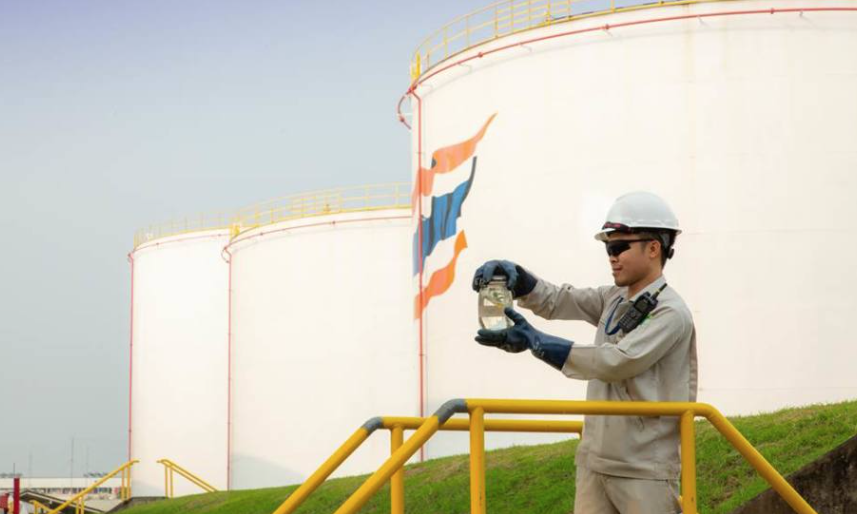Sustainable aviation fuel will be part of new national oil plan
Sustainable aviation fuel will be part of new national oil plan
วันที่นำเข้าข้อมูล 6 Feb 2024
วันที่ปรับปรุงข้อมูล 6 Feb 2024

Energy officials in Thailand are drawing up a new national oil plan with sustainable aviation fuel as an integral component. Developing the fuel is part of a strategy to support the Kingdom’s aerospace and aviation industries while reducing greenhouse gas emissions.
Sustainable aviation fuel, or SAF, is a biofuel substitute for standard fuel. It can be made from a range of materials, including used cooking oil. Thai energy firms Bangchak and Energy Absolute have announced plans to begin producing SAF.
The fuel’s main advantage is its lower carbon footprint. Air travel is a significant contributor to greenhouse gas emissions and climate change, and developing alternatives to petroleum-based fuel will be crucial to countering air travel’s effects on the atmosphere.
“We are working on factors that can make SAF another mainstream fuel as well as support domestic production of this biofuel,” said Patteera Saipratumtip , Deputy Director-General of the Department of Energy Business, Ministry of Energy, told the Bangkok Post.
Advanced aerospace and aviation are priority sectors under Thailand’s strategy to achieve advanced development. The government offers generous incentives to those investing in the sectors. In fact, Thailand is establishing an industrial estate devoted to aviation and aerospace in the Eastern Economic Corridor, the Kingdom’s showcase advanced development industrial zone.
However, Nathasit Diskul, President of Bangkok Aviation Fuel Services, a private-sector company, is urging the government to slash the excise tax on SAF if it wants greater uptake. The price of SAF is significantly higher than regular aviation fuel, so a cut in its excise tax would make its price more competitive and spur airlines to use it.
Source: Royal Thai Embassy, Washington D.C.
NewsRelated
NewsRelated
สถานเอกอัครราชทูต ณ กรุงลอนดอน